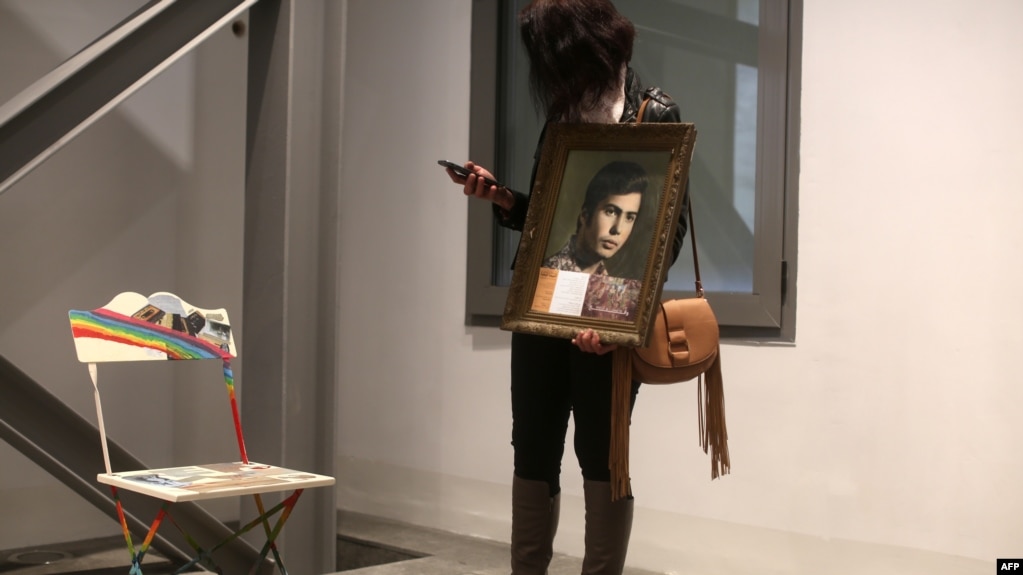
by Joseph A. Kechichian, Senior Writer – gulf news
Beirut: A few days after Lebanon President Michel Aoun suspended all
parliamentary activities for a month, the publicly lauded but privately
condemned decision garnered fresh controversies, as Speaker Nabih Berri
hailed the Maronite Patriarch Mar Bisharal Al Rai’s latest position on
the electoral law. The powerful patriarch considered the
controversial 1960 electoral law as the best available alternative to
resolve the country’s ongoing political crisis, and prevent granting
another extension to the present parliament.
Berri criticised the
latest hybrid electoral law format proposed by Free Patriotic Movement
chief Gibran Bassil, who has asked his ally Lebanese Forces (LF) leader
Samir Geagea to give it a “chance”, after the LF and Druze leader Walid
Jumblatt voiced reservations about it. Jumblatt lashed out at the
proposal, which involves sectarian voting in the first round, as
“divisive” and the product of a “sick mentality”. A similar idea was
initially proposed by Nabih Berri several months ago, but it was no
longer deemed useful.
The latest proposal regarding the electoral
law would see voting taking place in the current 26 districts with
voters only allowed to vote for candidates from their own sects. Two
candidates for each sectarian seat would thus qualify for the second
round during which voting would take place in 10 newly-defined electoral
districts and according to a non-sectarian proportional representation
polling system.











